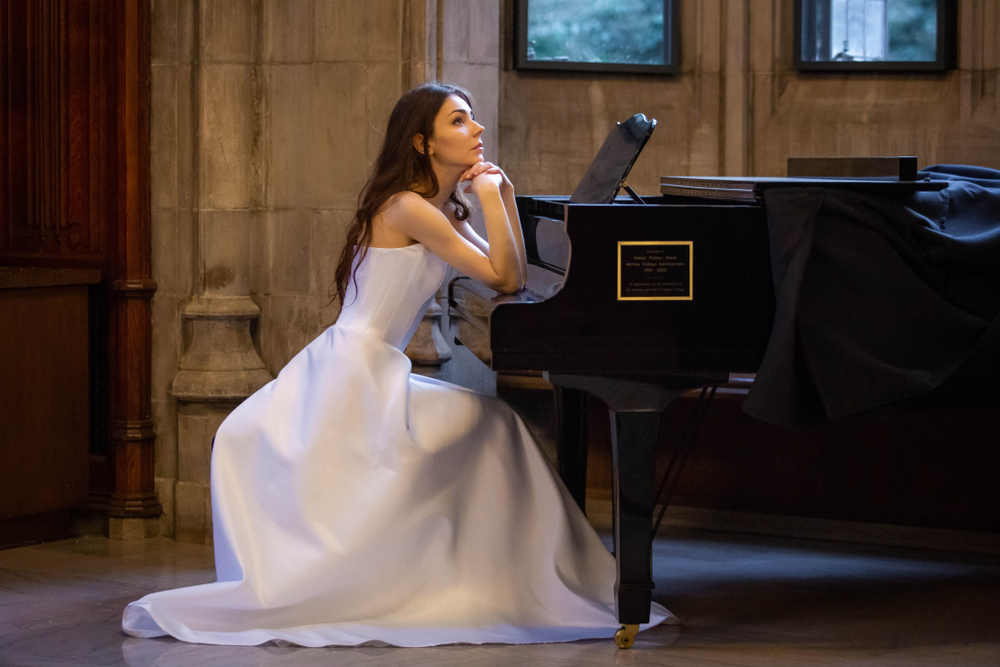If you can’t follow your dream… change it
If you can’t follow your dream… change it
If you can’t follow your dream… change it
-
Hannah
-
Hannah

But dreams do not always come true, and happiness depends upon recognising that you have the power to change your own course and redirect your ambition.
For Catriona, the dream ends all too soon. After a night of passion with Umberto, he leaves her for his tour – and unknowingly leaves her pregnant with his child. Catriona feels she has no choice but to give up her future in singing in order to raise her son – alone. But she does not sink into despair; she soon sets her sights on a new dream: to become a therapist.
When we meet Catriona years later, she is a partner in a small, but highly acclaimed psychology practice and she has specialised in music therapy. I write:
Because she could not live without music, she had decided to divert her passion in another positive direction. She had become an authority in the field of music therapy, with respected research papers and books to her name. As a result, her clients came from all corners of the globe to seek her help and advice.
Music has innate healing qualities, and using music to alleviate other people’s suffering eases the pain of the frustrated musician within Catriona. She is at peace now that she let go of the dream of being an opera singer, and is proud and passionate about her career. She says:
‘I guess it all turned out for the best. I love my job and wouldn’t have it otherwise. In many ways it’s a much more fulfilling career. Healing people, helping them through music – something I’m truly passionate about. What more could I ask?’
And it is her career as a healer that brings her back into Umberto’s life, when his dying mother asks Catriona to take her son on as a client. Since their brief relationship, Umberto has lost his sight in an accident. He has given up on his career and sunk into depression, for to his mind he can no longer play or compose.
Catriona has her work cut out trying to coax Umberto back to the piano. She tells Umberto’s friend:
‘Umberto has these bouts of desperation because he’s not working … he can’t or won’t compose. If only we could persuade him to get back to his music, he’d find a way back to his life too. There’s nothing like hard work to heal the soul. Often it’s the best therapy.’
Of course, though, finding his way back to his life does not mean returning to how he lived before his accident. Umberto dreamed big for his career and he achieved so much, but he will never be the same man who took to the stage with such confidence – and arrogance – to play to audiences. That is not to say, though, that he cannot play and compose again, but he needs to adjust his dream, to accept being a blind musician. Rather than dreaming of dazzling people, of fame and adulation, he can work towards a new dream: of creating beauty, and in doing so moving people.
Can Umberto learn from Catriona and choose a new future for himself? If only he will let her help him, for as John Lennon put it, ‘A dream you dream alone is only a dream. A dream you dream together is reality.’